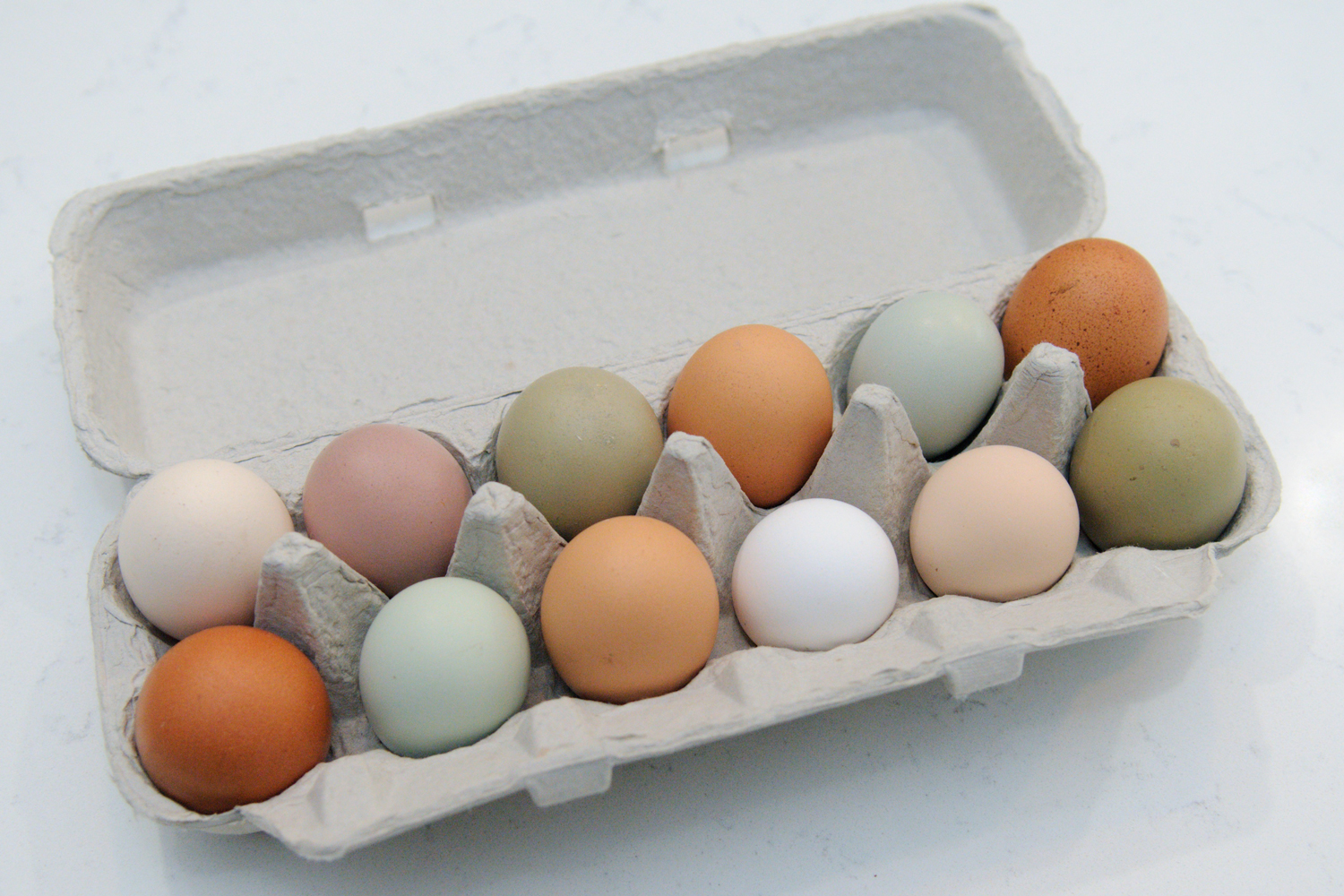We've Flown the Coop!
We’re excited to share that Westholme Farmstead has officially become Roots, Roost & Rafter! Our new name better reflects the heart of our homestead - growing roots, raising flocks, and building something meaningful together. You’ll still find the same mix of humor, heart, and happy hens just under a new name and a new roof.

